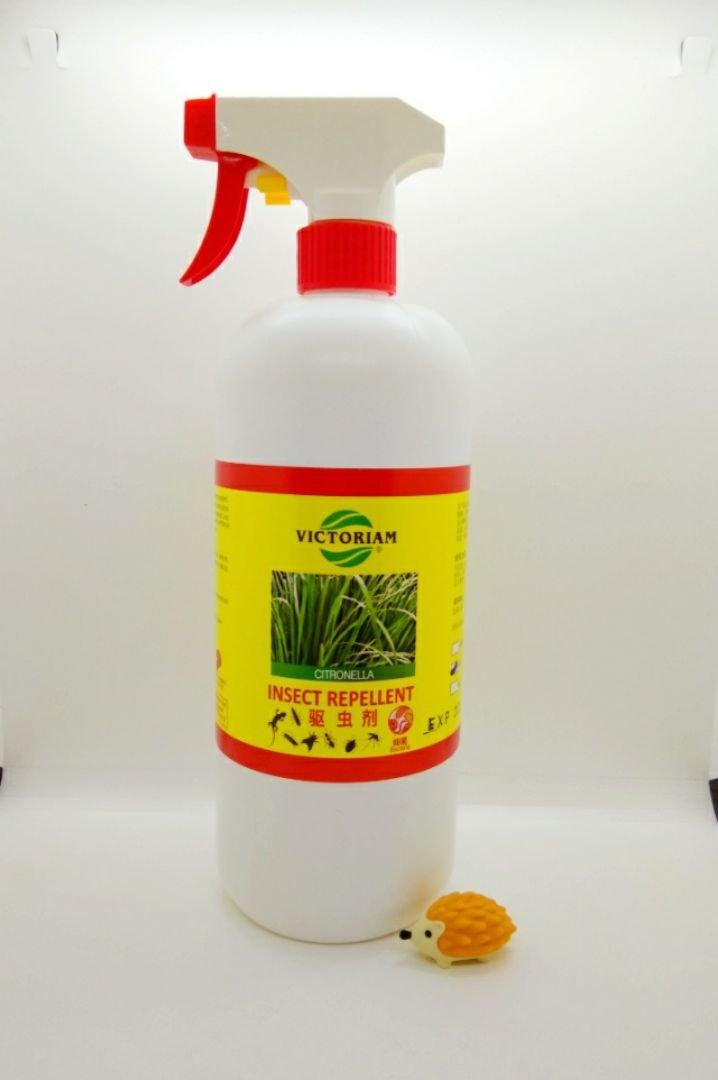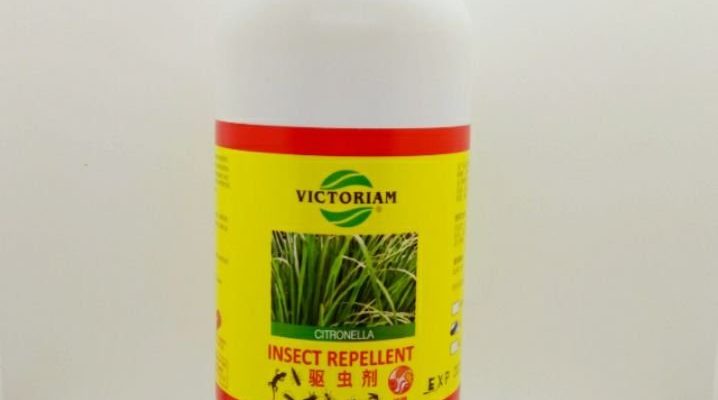
Imagine you’re sitting in your garden, sipping a cup of tea, and you notice those inchworms starting to make their move. What if I told you there are natural solutions that can help you manage them? Just like a good friend sharing their best-kept secrets, I’m here to spill the beans on effective plant-based repellents that keep those pesky inchworms away.
Let’s dive into how these natural solutions work, why they matter, and how you can use them in your garden for the best results.
Understanding Inchworms: What Are They?
You might be wondering just what an inchworm is. Well, they’re actually the larvae of geometer moths, and they get their name from their unique way of moving. Instead of crawling like most caterpillars, they “inch” along by looping their bodies, which can look quite quirky. While they’re fascinating insects, they can wreak havoc on your plants, especially when they’re in large numbers. They love to munch on leaves, and that can stress your plants out or even kill them if you’re not careful.
Inchworms can be especially tricky to spot because they blend in so well with the leaves they feed on. Their green or brown bodies mimic the foliage, making them look like a small branch. If you’re an avid gardener, keeping an eye out for their presence is crucial. Catching them early can save you headaches down the line.
Why Choose Plant-Based Repellents?
Here’s the thing: while conventional pesticides can be effective, they often come with a host of drawbacks. They can harm beneficial insects, pollute the environment, and leave chemical residues on your plants. On the other hand, plant-based repellents are safer for both your garden and the ecosystem. They’re made from natural substances derived from plants, which means they can deter inchworms without the harsh side effects.
Using plant-based alternatives not only helps you manage pests but also contributes to a healthier environment. You can feel good knowing you’re doing your part to keep nature balanced. Plus, they’re often just as effective as their chemical counterparts!
Essential Plant-Based Repellents for Inchworms
When it comes to plant-based repellents, there are several options to consider. Here’s a closer look at some of the most effective remedies:
- Neem Oil: This oil, extracted from the seeds of the neem tree, is a powerful natural pesticide. It disrupts the feeding and growth of inchworms, making it harder for them to munch on your plants. Just mix a few drops of neem oil with water and spray it directly on affected plants.
- Garlic Spray: Garlic isn’t just for cooking; it’s also great for deterring pests! You can easily make a garlic spray by blending garlic cloves with water, letting it steep overnight, and then straining it. Spray this mixture on your plants to keep inchworms away. The strong scent repels them without harming your plants.
- Dish Soap Mixture: A simple combination of mild dish soap and water can help control inchworm populations. Mix a tablespoon of soap with a quart of water and spray directly on the pests. The soap suffocates them without causing harm to your plants.
How to Apply Plant-Based Repellents
Now that you know about these natural solutions, let’s talk about how to apply them effectively. The key is timing and technique.
1. **Target Affected Areas:** Before applying any repellent, inspect your plants closely. Look for signs of inchworm damage or presence, such as chewed leaves or droppings. Focus your spraying efforts on these areas.
2. **Application Frequency:** For the best results, apply your chosen repellent every 7-14 days, especially after rainfall, as water can wash away these natural solutions. Consistent application will help disrupt the inchworm’s life cycle and keep them from returning.
3. **Use During Appropriate Times:** Early morning or late afternoon is the best time to apply your repellents. This is when temperatures are cooler, and beneficial insects are less active, reducing the risk of harming them.
Comparing Natural vs. Chemical Pest Control
When it comes to pest management, you often have to choose between natural and chemical solutions. Let’s weigh the pros and cons:
| Aspect | Plant-Based Repellents | Chemical Pesticides |
|---|---|---|
| Environmental Impact | Low; safe for beneficial insects and soil | High; can harm ecosystems and lead to pollution |
| Health Safety | Generally safe for humans and pets | Can be toxic; requires careful handling |
| Effectiveness | Effective with consistent use | Immediate effects, but can lead to resistance |
Ultimately, the choice depends on your gardening philosophy and the level of pest problem you’re facing. Many gardeners find that using a combination of both methods works best, allowing them to manage inchworm populations while minimizing environmental impacts.
Additional Tips for Managing Inchworms
Aside from using plant-based repellents, there are other strategies you can employ to keep inchworms from taking over your garden.
- Encourage Natural Predators: Birds, wasps, and some beetles love to snack on inchworms. By creating an inviting environment for these predators—like birdhouses and diverse plants—you can help control the inchworm population naturally.
- Hand-Picking: If you only have a few inchworms, you might opt for the ‘old school’ method: hand-picking. Just wear gloves and remove them from your plants. It’s a bit tedious but effective!
- Companion Planting: Some plants naturally repel pests. Marigolds are a great example. Planting them alongside your favorite veggies or herbs can help deter inchworms and other pests.
Wrapping It Up
Managing inchworms doesn’t have to be a daunting task filled with toxic chemicals. By choosing plant-based repellents, you’re not only protecting your plants but also promoting a healthier garden ecosystem. Whether you go with neem oil, garlic sprays, or simple soap mixtures, you have plenty of options to keep those pesky inchworms at bay.
So next time you spot an inchworm threatening your beloved garden, remember that nature has given you the tools to fight back. With some persistence and a bit of know-how, you can create a thriving, inchworm-free haven for your plants. Happy gardening!

